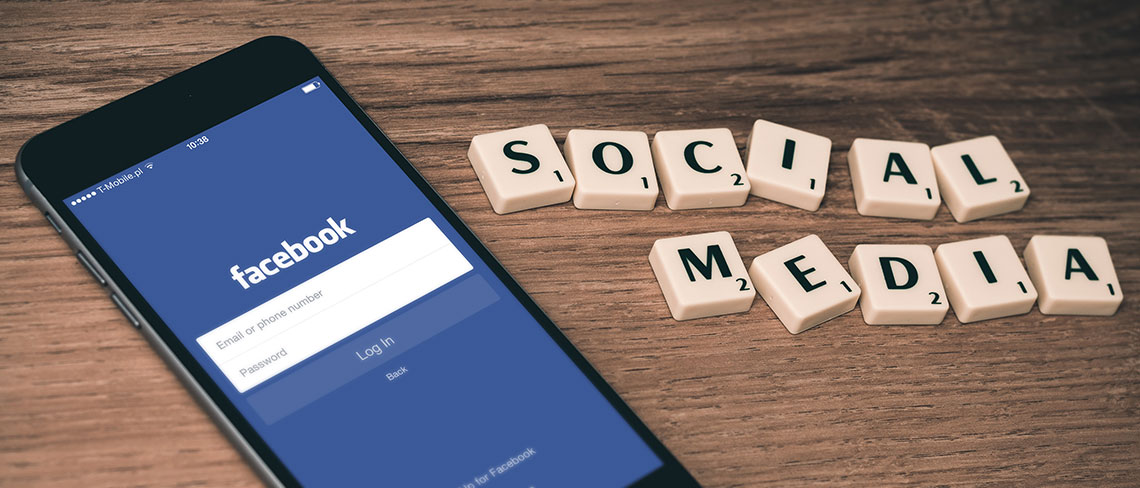
In light of the powerful and devastating images of the drowned Syrian boy lying face-down in the sand after failing to survive the boat crossing to Turkey, the EU’s role in the migrant crisis was not the only subject brought firmly into the public conscience.
Both censored and uncensored images of the boy have been circulating the Internet, bringing into question the role of social media sites and whether they have a duty to protect users from graphic and distressing images.
Similar debates about the ethics of social media sharing have sprung up around videos of police killings in the US, ISIS propaganda and most recently the on-air shootings of a reporter and cameraman in Virginia, that was also filmed by the killer and posted online.
The images of the Syrian boy have been condemned as a ploy to shock by the media, however others have applauded the transparency and availability of such material, citing that to remove them would cover up the seriousness of the situation.
That being said, if you’re browsing Facebook or Twitter, there is often no warning about the sensitive nature of the images or videos that appear in your timeline – and increasingly videos begin playing automatically before you have time to stop them. Other media outlets warn users of graphic content in online articles or broadcast news reports, prompting the question – why should it be any different for social media users?
Social media now has the capacity to reach more people than news outlets and is still largely unrestricted regarding what can and can’t be posted. This means of attracting a global audience and the ease of sharing and retweeting images means such shocking images are becoming harder to avoid. Would stricter censorship of social media dilute the power that its current freedom provides though?
All feelings aside, photos like this can highlight issues that traditional media perhaps would not and act as an immediate call to action. If social media can force us to confront difficult issues and raise awareness of certain topics, then this can only be a good thing.
Jo Kendall






